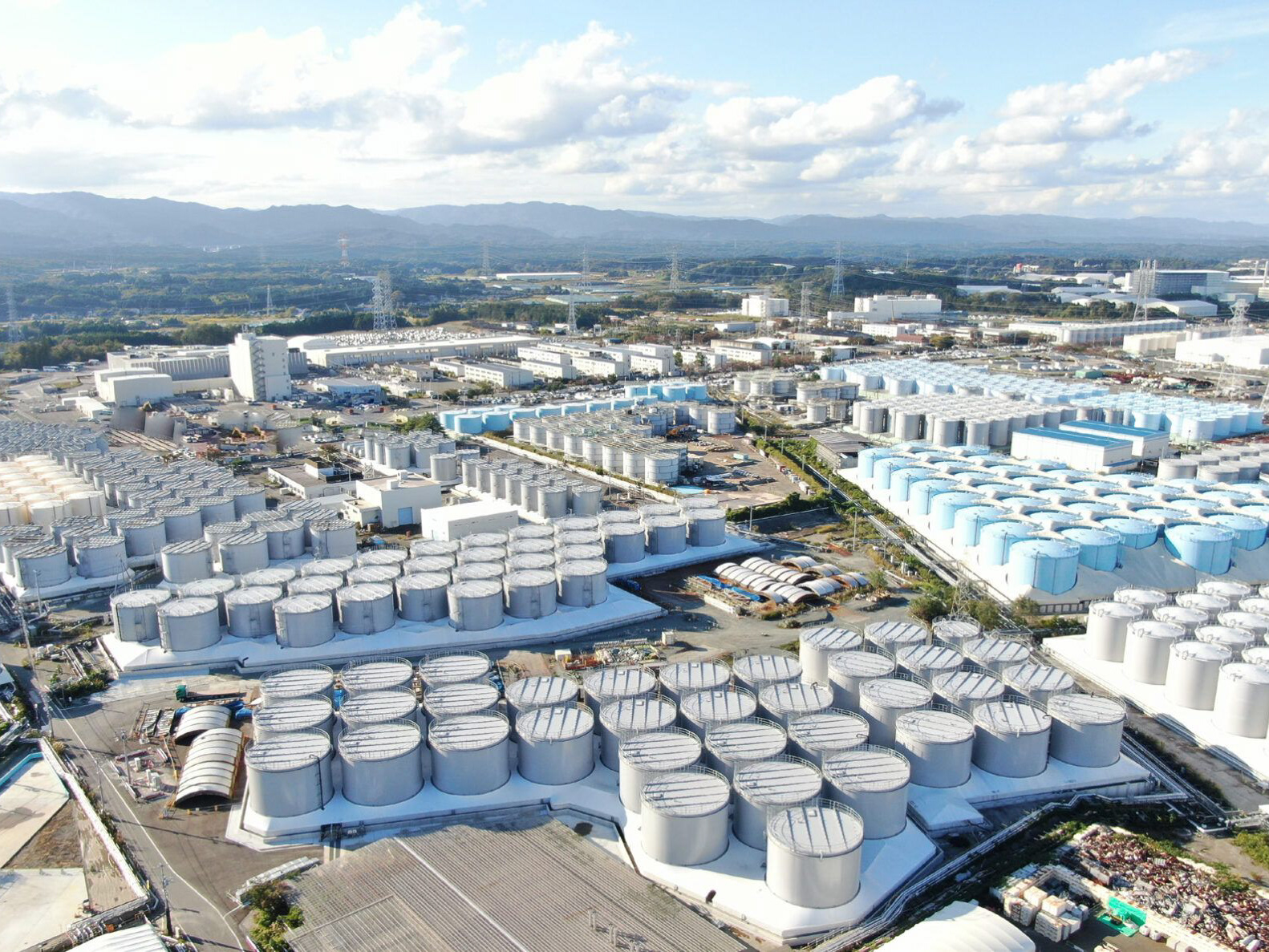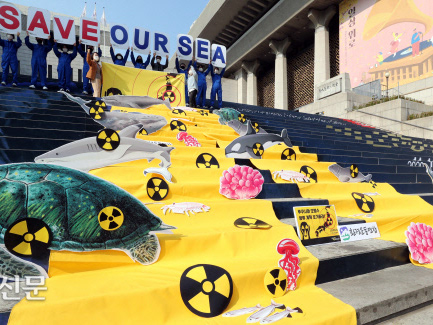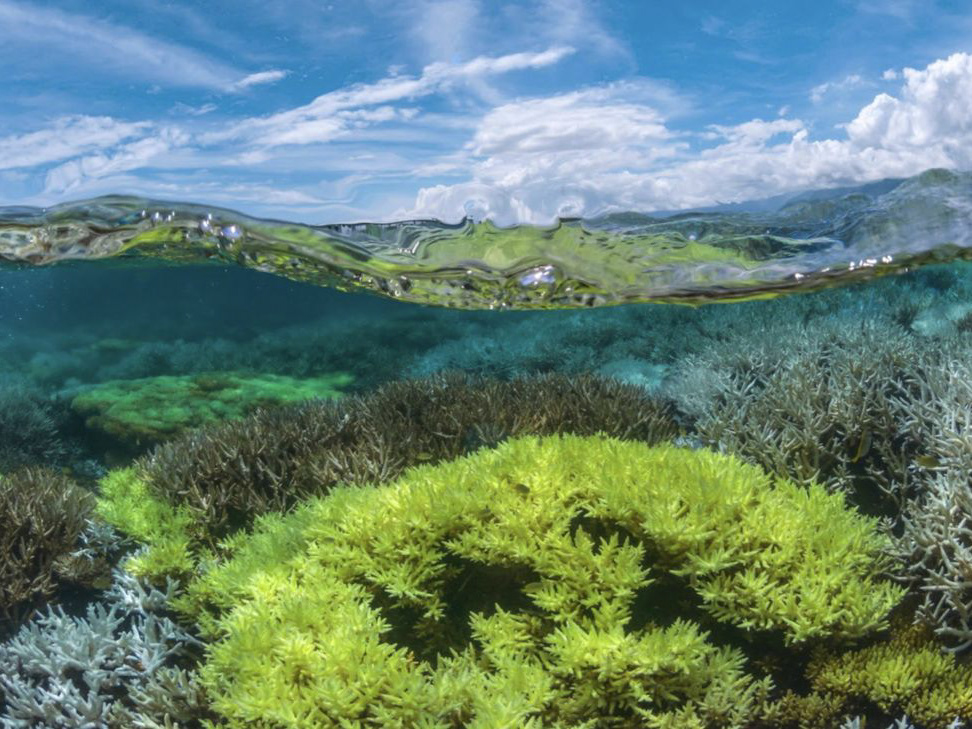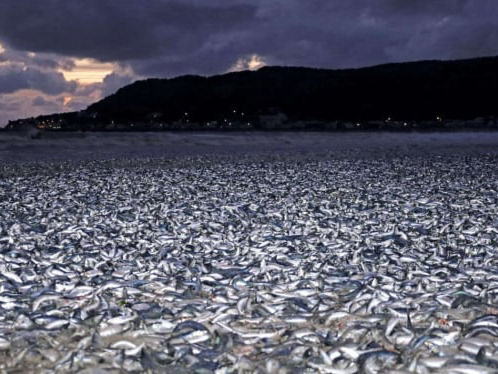China’s response to Japan’s decision to release treated radioactive water into the Pacific has been swift and unequivocal: outright condemnation. While Japan assures the international community that the release poses minimal risk, China has framed the move as an act of environmental irresponsibility. It’s more than a diplomatic spat—it’s about who gets to decide the fate of a shared resource: the ocean.
The Chinese government has gone so far as to impose a ban on all Japanese seafood imports, citing concerns over public health and the potential contamination of its own waters. On the surface, this may seem like an economic move, but it is deeply rooted in a broader narrative of environmental justice. From China’s perspective, Japan’s decision to use the Pacific as a release valve for its nuclear problem is an imposition on the region, one that disregards the potential long-term consequences for marine life and coastal communities across Asia.
But there’s a deeper layer to China’s opposition. Beyond the technical debate over tritium levels and ALPS treatment, this is about sovereignty and shared responsibility. The Pacific Ocean is not Japan’s to pollute, and China’s outcry reflects a growing demand for more inclusive decision-making when it comes to environmental governance. No nation should have the right to unilaterally make decisions that affect the health of an entire ecosystem shared by millions.
For many in China, the opposition to the water release is as much about environmental stewardship as it is about standing up to perceived arrogance. Japan’s reassurances, backed by the IAEA, may offer scientific validity, but they cannot erase the ethical questions this situation raises. What kind of precedent does this set for how we manage our planet’s most precious resources?



